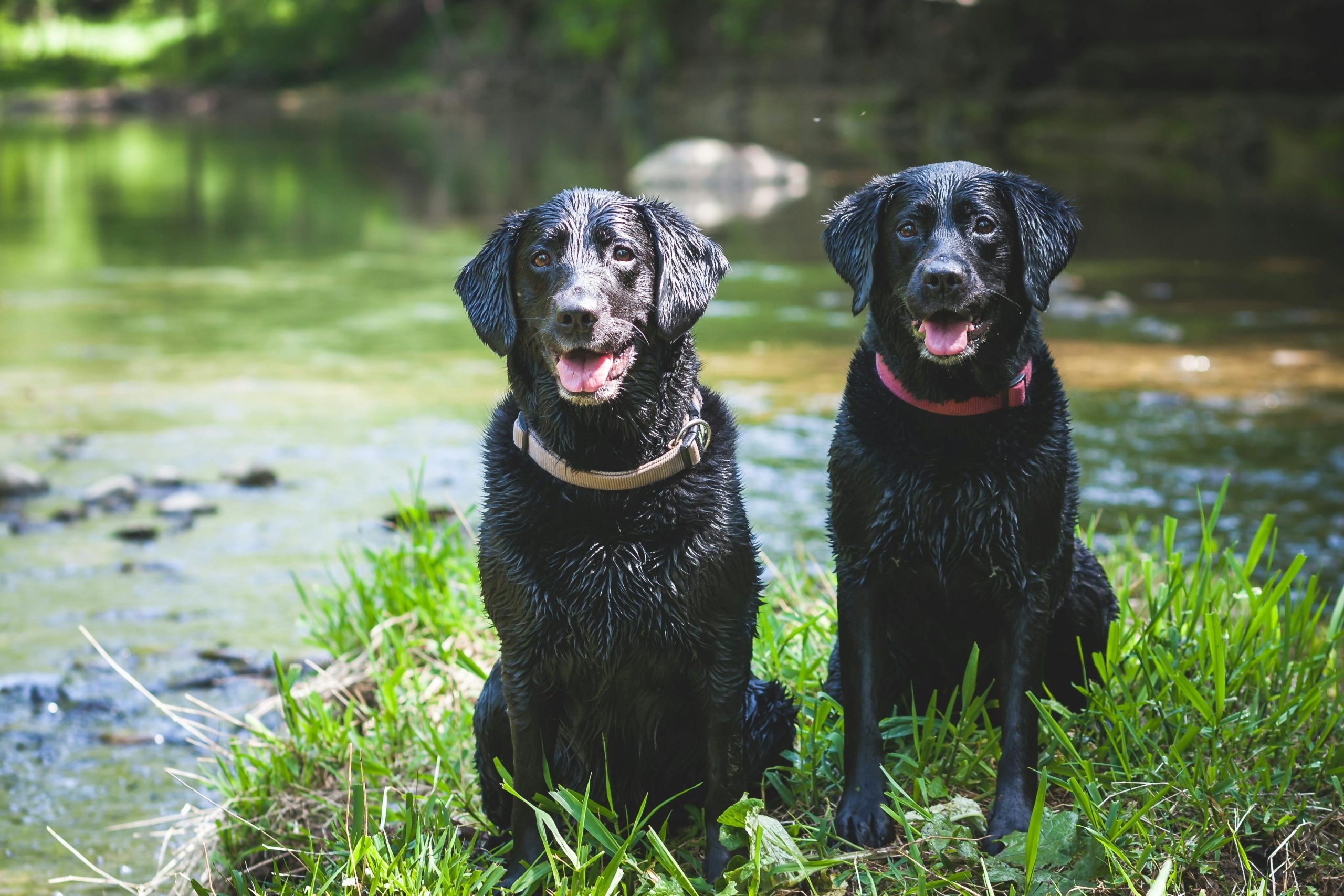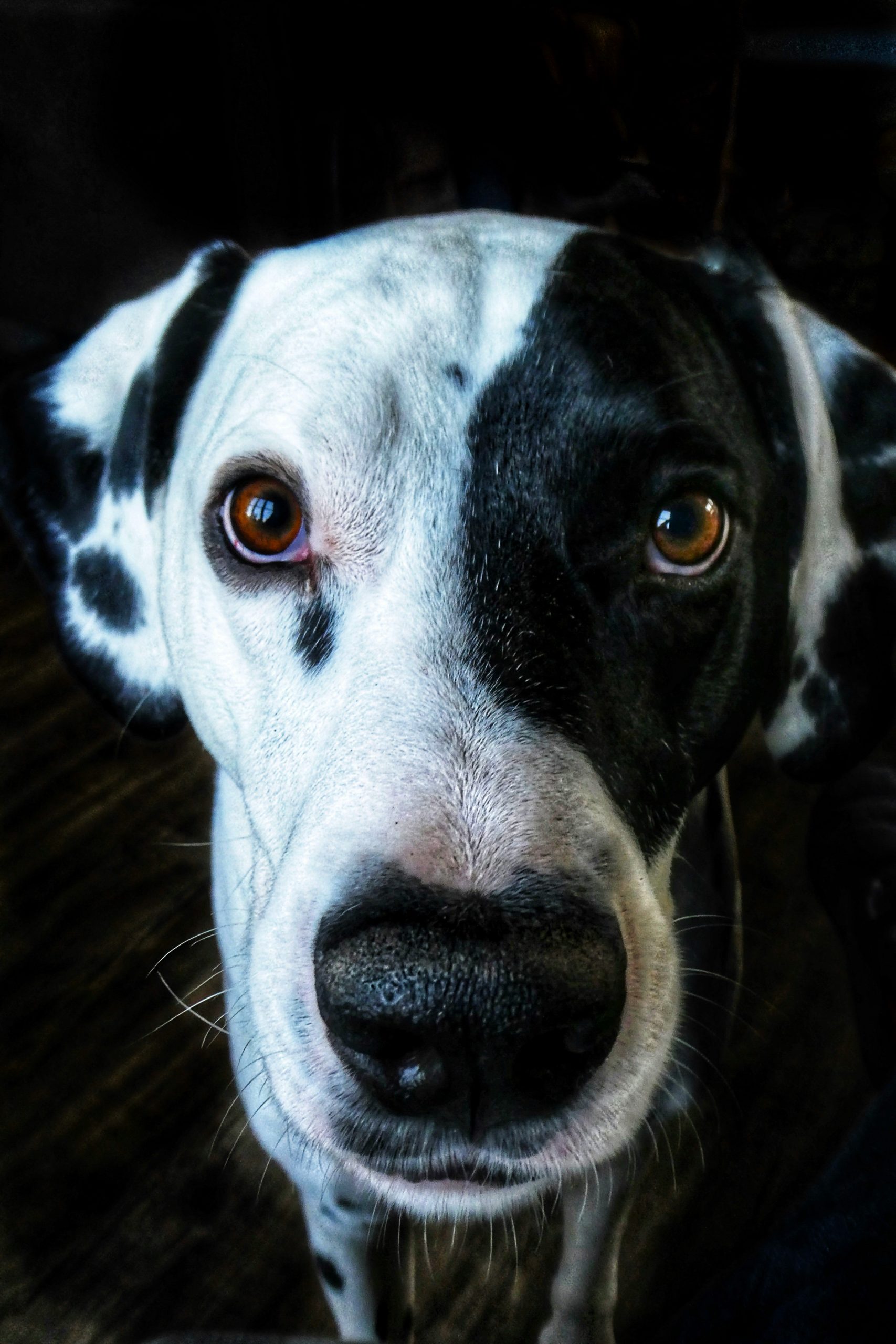Skin tags in dogs, also known as papillomas or fibrovascular papillomas, are benign growths that can appear on various parts of a dog’s body. While they are generally harmless, understanding their characteristics, causes, and treatment options is important for dog owners.
What Are Skin Tags?
Skin tags are small, soft lumps that can vary in size and appearance. They may be flat or raised and can feel firm or squishy. Skin tags are usually the same color as the dog’s skin or slightly darker and can occur anywhere on the body but are commonly found on the neck, chest, face (including eyelids), and legs.
Causes of Skin Tags
The exact cause of skin tags in dogs is not fully understood, but several factors may contribute to their development:
- Irritation and Friction:
- Chronic irritation from friction can lead to skin tag formation. This is common in areas where skin rubs against itself or hard surfaces, such as elbows or under collars.
- Age:
- Skin tags are more prevalent in middle-aged to older dogs. As dogs age, their skin may become more susceptible to growths.
- Breed Predisposition:
- Certain breeds, including Boxers, English Bulldogs, Poodles, and Cocker Spaniels, may be more prone to developing skin tags.
- Viral Infections:
- The canine papillomavirus can sometimes cause skin tags, although it is more commonly associated with warts.
- Genetic Factors:
- There may be a genetic component that predisposes certain breeds to develop skin tags.
Symptoms
Skin tags typically present as:
- Soft lumps on the skin that may dangle from a stalk.
- Flat nodules that may have a smooth or wrinkled texture.
- They can vary in size from a few millimeters to several centimeters.
- While most skin tags do not cause discomfort, they can become irritated if located in sensitive areas or if they rub against surfaces.
Diagnosis
Diagnosing skin tags usually involves:
- Veterinary Examination: A veterinarian will perform a physical examination of the growths.
- History Review: Discussing your dog’s health history and any changes you’ve noticed.
- Biopsy: If there is uncertainty about whether a growth is benign or malignant, a biopsy may be performed to analyze the tissue.
Treatment Options
Most skin tags do not require treatment unless they cause discomfort or become infected. Treatment options include:
- Monitoring: If the skin tag is not bothering your dog and shows no signs of infection or changes in size or color, it may be best to monitor it over time.
- Surgical Removal: If the skin tag becomes irritated, infected, or bothersome to your dog (e.g., if it bleeds or interferes with movement), surgical removal may be recommended by your veterinarian.
- Cryotherapy: Freezing the skin tag can also be an effective method for removal.
- Medications: If the skin tag becomes infected or inflamed, your veterinarian may prescribe antibiotics or anti-inflammatory medications.
When to Seek Veterinary Care
You should consult your veterinarian if you notice any of the following:
- Changes in size, color, or shape of the skin tag.
- Signs of irritation such as redness, swelling, bleeding, or discharge.
- Your dog is excessively licking or scratching at the area.
- Multiple skin tags appear suddenly.
Prevention Strategies
While not all skin tags can be prevented, some measures can help reduce their occurrence:
- Maintain Good Hygiene: Regular grooming helps keep your dog’s skin clean and healthy.
- Monitor Weight: Keeping your dog at a healthy weight can reduce friction in areas prone to irritation.
- Use Properly Fitting Collars: Ensure collars and harnesses fit well to avoid causing irritation.
- Regular Veterinary Check-Ups: Routine examinations can help detect any changes early.
Conclusion
Skin tags in dogs are generally benign growths that do not pose serious health risks but should be monitored for any changes. If you notice any concerning symptoms related to your dog’s skin tags or if they become bothersome, consult your veterinarian for appropriate diagnosis and treatment options. Regular veterinary care and good hygiene practices can help manage your dog’s overall health and comfort.




 On demand visits for urgent issues 24/7
On demand visits for urgent issues 24/7 








